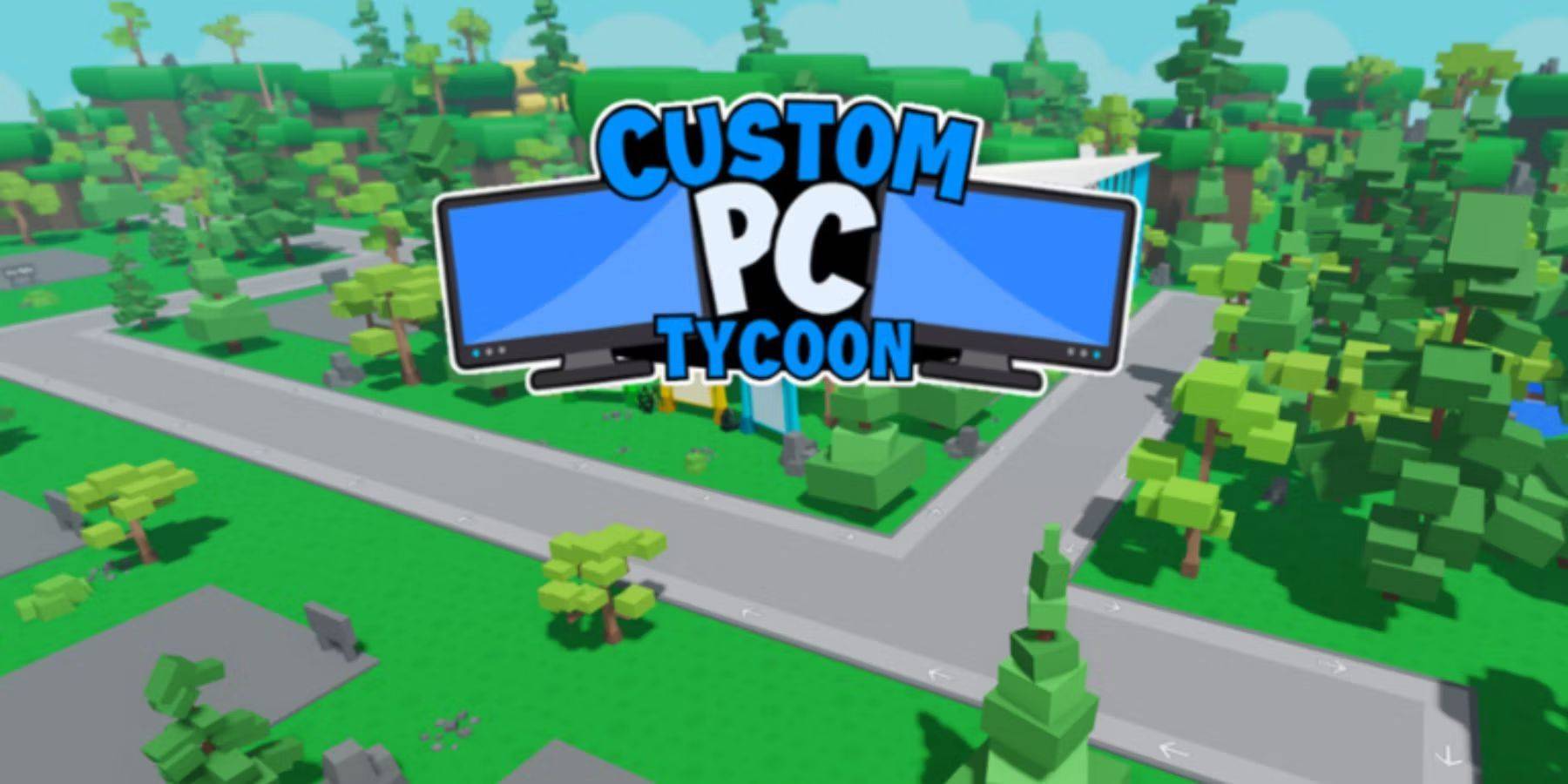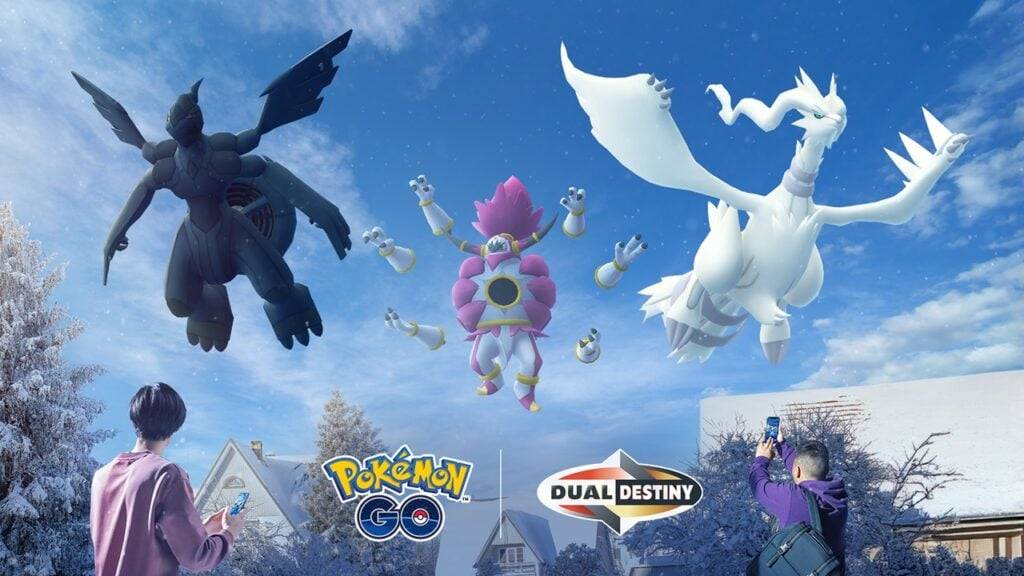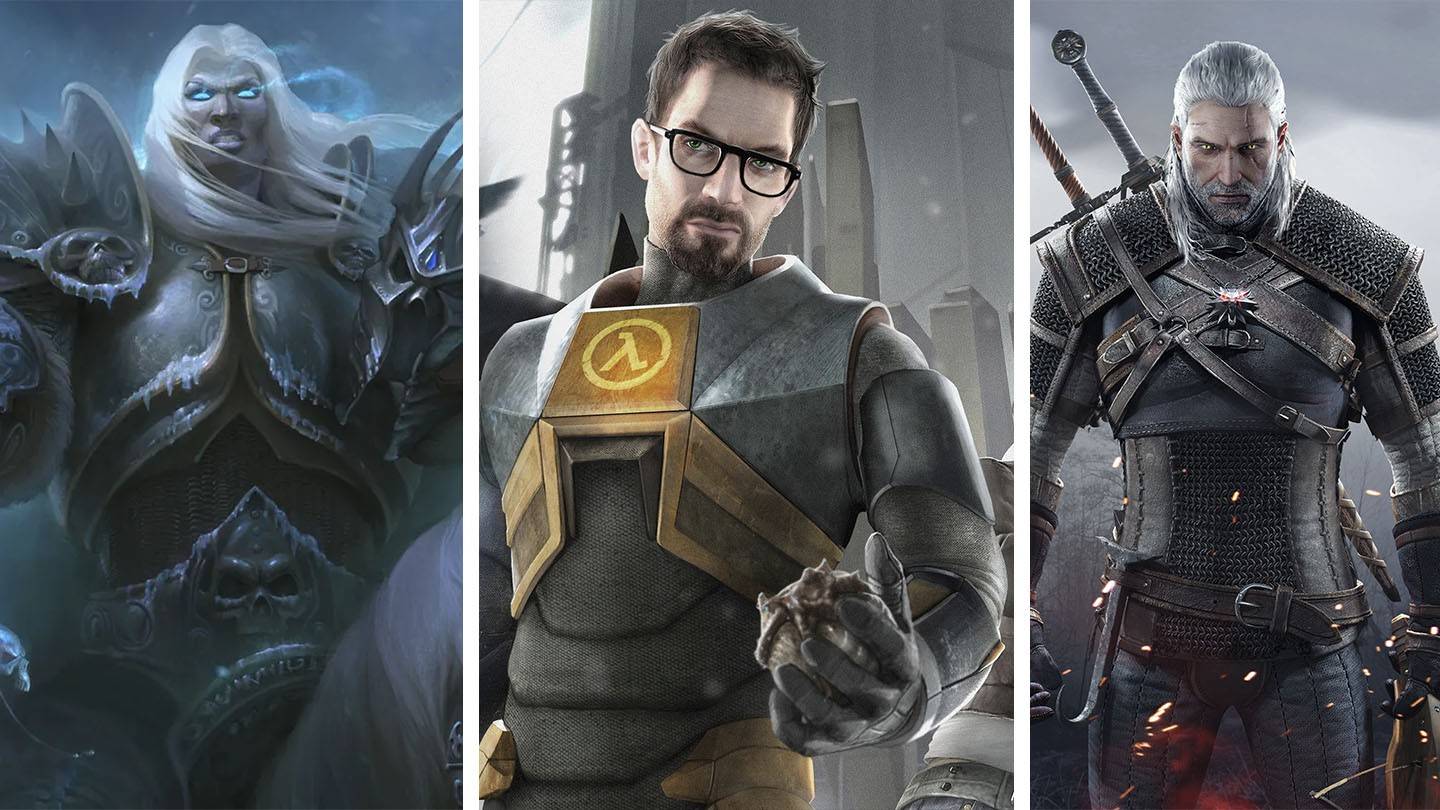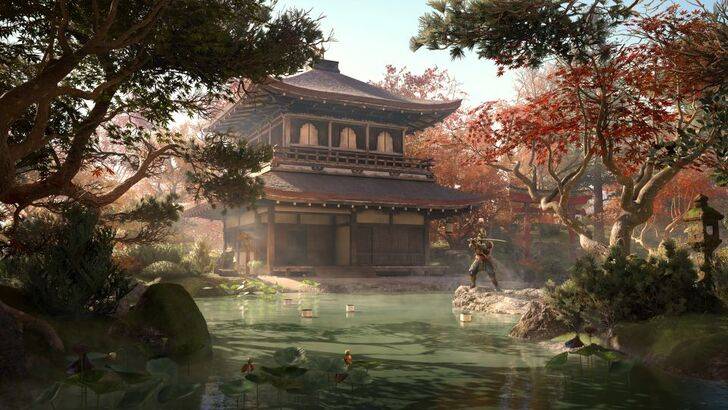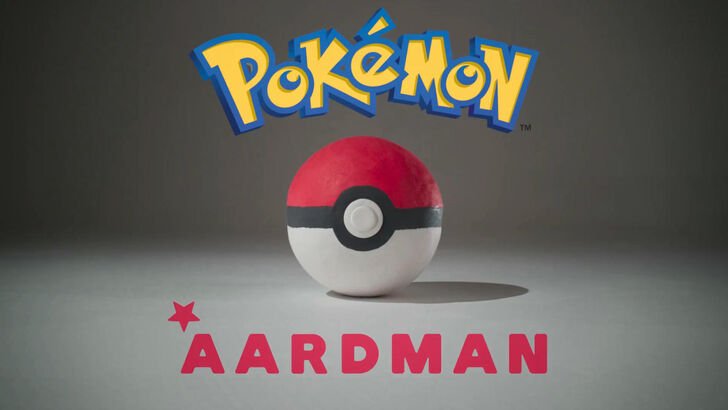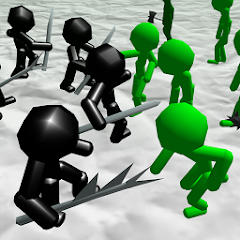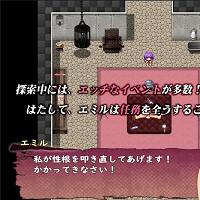The God of War series has been a cornerstone across four generations of PlayStation consoles. When Kratos embarked on his vengeance-driven journey to become the new god of war in 2005, few could predict where the iconic deity destroyer would find himself 20 years later. While many long-standing franchises struggle to remain relevant across multiple gaming generations, God of War has thrived by embracing change. The most pivotal transformation came with the 2018 reboot, which relocated Kratos from Ancient Greece to the realms of Norse mythology. This shift not only altered the game's presentation and gameplay but also set a new benchmark for the series. Even before this acclaimed reboot, Sony Santa Monica implemented several smaller yet significant changes that helped sustain the series' vitality.
Looking forward, reinvention remains crucial for God of War's ongoing success. When the series transitioned to its Norse setting, director Cory Barlog expressed interest in exploring settings like the Egyptian and Mayan eras. Recent rumors have reignited discussions about an Egyptian backdrop. While these may be speculative, the allure of Ancient Egypt's rich mythology and distinct culture is understandable. Yet, a new setting is merely the beginning; wherever God of War ventures next, it must reinvent itself in the same transformative way it did when evolving from the Greek trilogy to the acclaimed Norse games.
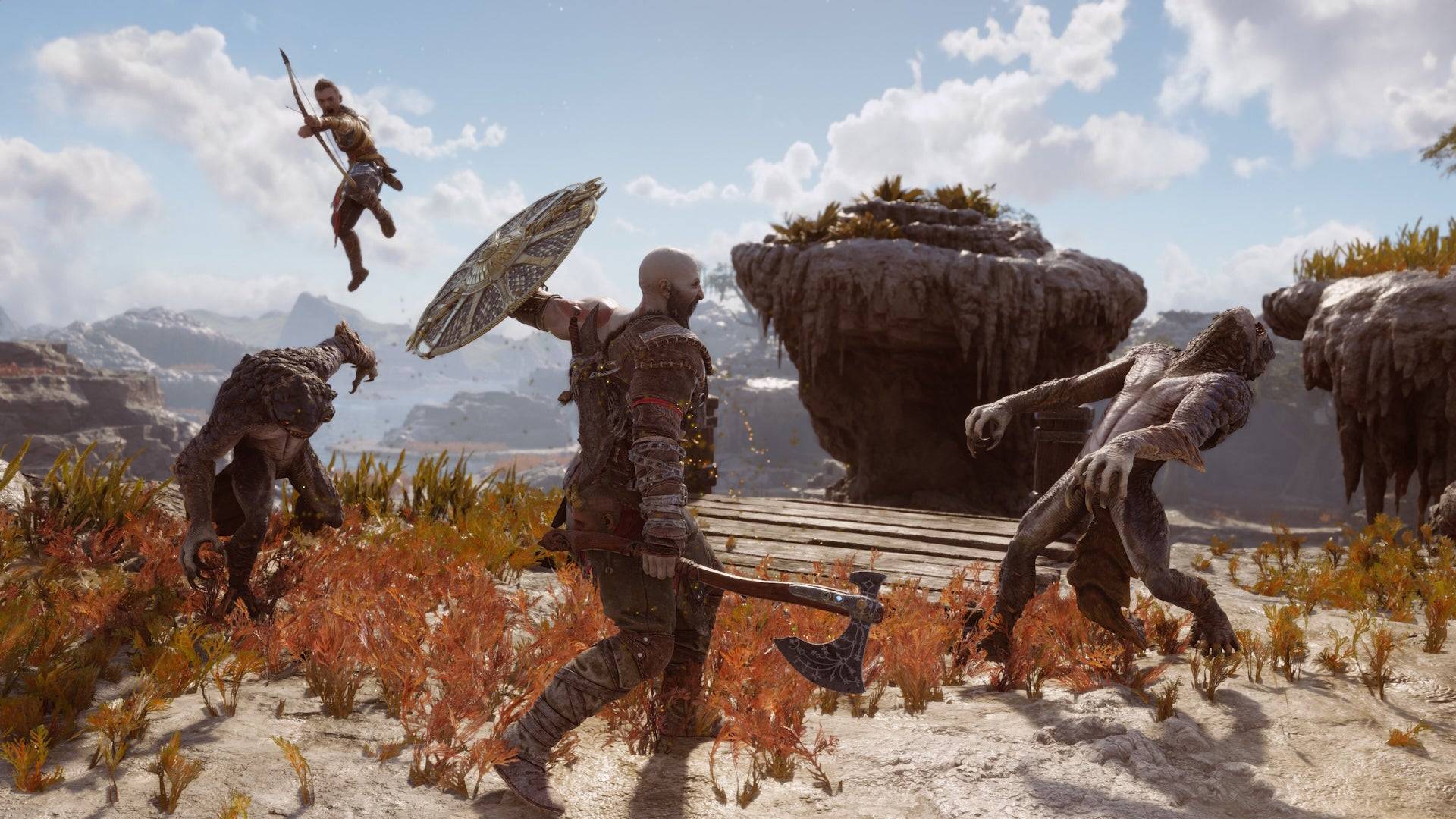
The series has consistently embraced evolution from one entry to the next. The original Greek games evolved over a decade, refining their hack-and-slash gameplay and achieving a polished finish by the time God of War 3 was released. In the trilogy's final chapter, Kratos utilized an enhanced magic system that complemented the rhythm of melee combat and faced a wider array of challenging enemies. The PlayStation 3's superior processing power enabled new camera angles, showcasing the game's graphical prowess in 2010.
The 2018 reboot saw a departure from some elements of the original games. The Greek trilogy featured significant platforming and puzzle-solving, which were integral to Kratos' journey. These platforming sections were largely eliminated in the Norse games due to the shift to a third-person, over-the-shoulder camera perspective. While puzzles persisted, they were reimagined to suit the new adventure-driven design.
In the Valhalla DLC for God of War Ragnarök, the series returned to its Greek roots both mechanically and narratively. From God of War 2, the series had included battle arenas allowing players to set difficulty levels and choose opponents. These arenas, a hallmark of the original games, were missing from the 2018 reboot but were reintroduced in Valhalla, adapted to fit the Norse setting. This return to a beloved feature was mirrored in the DLC's story, where the Norse god Týr invited Kratos to Valhalla to confront his past, bringing Kratos' journey full circle.
The Norse God of War games are more than just reinterpretations; they introduce numerous innovations, such as the unique throwing mechanics of the Leviathan Axe, a combat-defining parry system enabled by various shield types, and, in Ragnarök, a magical spear for faster, explosive attacks. These elements are crucial for navigating the Nine Realms, each with its unique enemies, aesthetics, and characteristics.
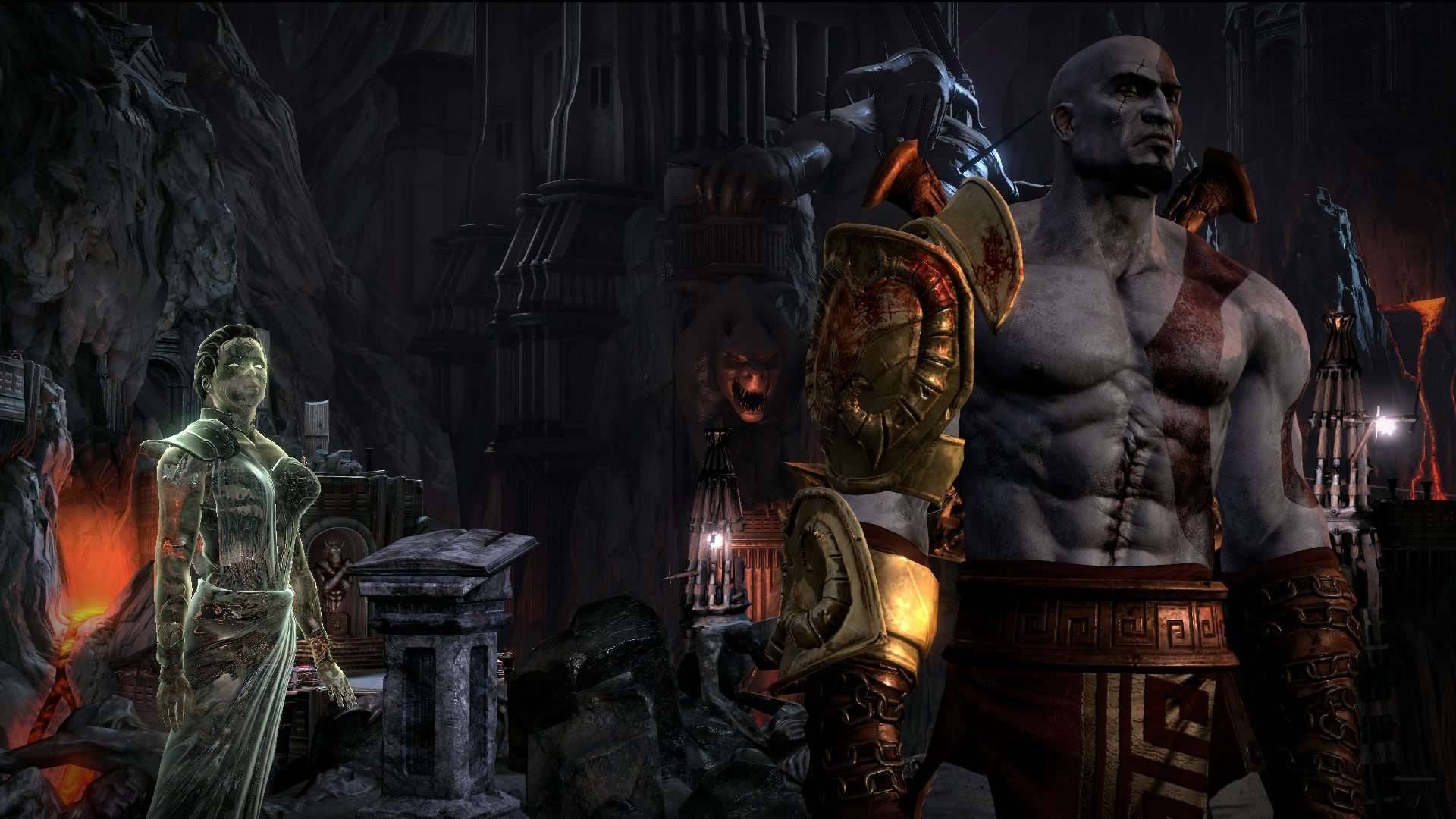
While the mechanics of combat and exploration are evident changes, the most striking difference between the original trilogy and the Norse duology lies in storytelling. The Norse era delves into Kratos' grief for his late wife and his strained relationship with his son, Atreus. Their journey uncovers hidden truths about themselves, a stark contrast to the more straightforward narrative of the Greek trilogy. This emotional depth has been pivotal to the critical and commercial success of the Norse games.
God of War's radical shifts in mechanical design and storytelling reflect a unique approach to franchise evolution. The developers view the Norse games not as traditional sequels but as extensions of Kratos' journey. This mindset should guide future installments.
However, radical reinvention alone does not guarantee success. Consider Assassin's Creed, which has frequently shifted settings and time periods. While consistently profitable, it has struggled to maintain fan loyalty across console generations as effectively as God of War. After transitioning to an open-world RPG format with Assassin's Creed Origins in 2017, the series has increasingly distanced itself from its core assassin lore. What started as a series connected by Desmond Miles' story has lost much of its narrative cohesion, and the new RPG era has become increasingly divisive. Critics often cite the series' content bloat, and long-time fans feel it has drifted from its stealth roots toward more generic power fantasies.
Assassin's Creed has attempted to course-correct with titles like 2023's Assassin's Creed Mirage, which returns to the series' Middle Eastern roots and revives the gameplay and structure of the earlier games. This year's Assassin's Creed Shadows continues this trend by introducing Naoe, a character focused on stealth, echoing the series' original Xbox 360-era focus.
The varying success of Assassin's Creed's shifts underscores the risks of straying too far from a franchise's core appeal. God of War has adeptly navigated this challenge. Despite the Norse series being a radical departure, it never lost sight of what made Kratos compelling and the series' mechanical foundations. It preserved the essence of the Greek trilogy's intense combat while building upon it with new features like more Spartan Rage options, innovative weapons, and diverse combat scenarios. These enhancements enriched the series without overshadowing its core identity and lore.
Whether or not the rumors of an Egyptian setting come to fruition, future God of War installments must continue to evolve while preserving the series' strengths. The 2018 reboot focused on maintaining the combat intensity of the Greek trilogy. However, future games will likely be judged more on their storytelling, the cornerstone of the Norse duology's success. The evolution of Kratos from a rage-fueled warrior to a complex father and leader highlights the importance of narrative in the post-2018 era. Whatever comes next must build on this strength while introducing bold new changes that could define the next era of God of War.

 Latest Downloads
Latest Downloads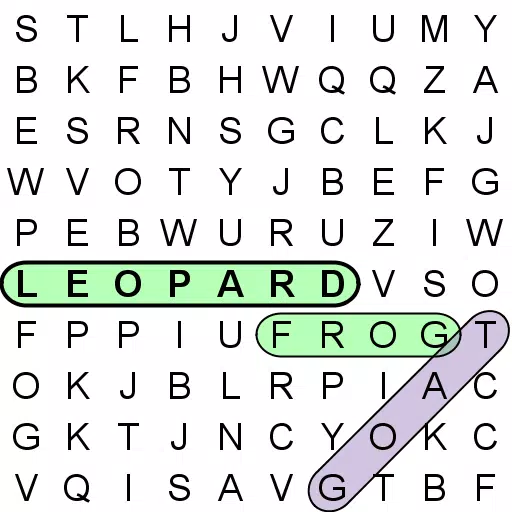
 Downlaod
Downlaod




 Top News
Top News